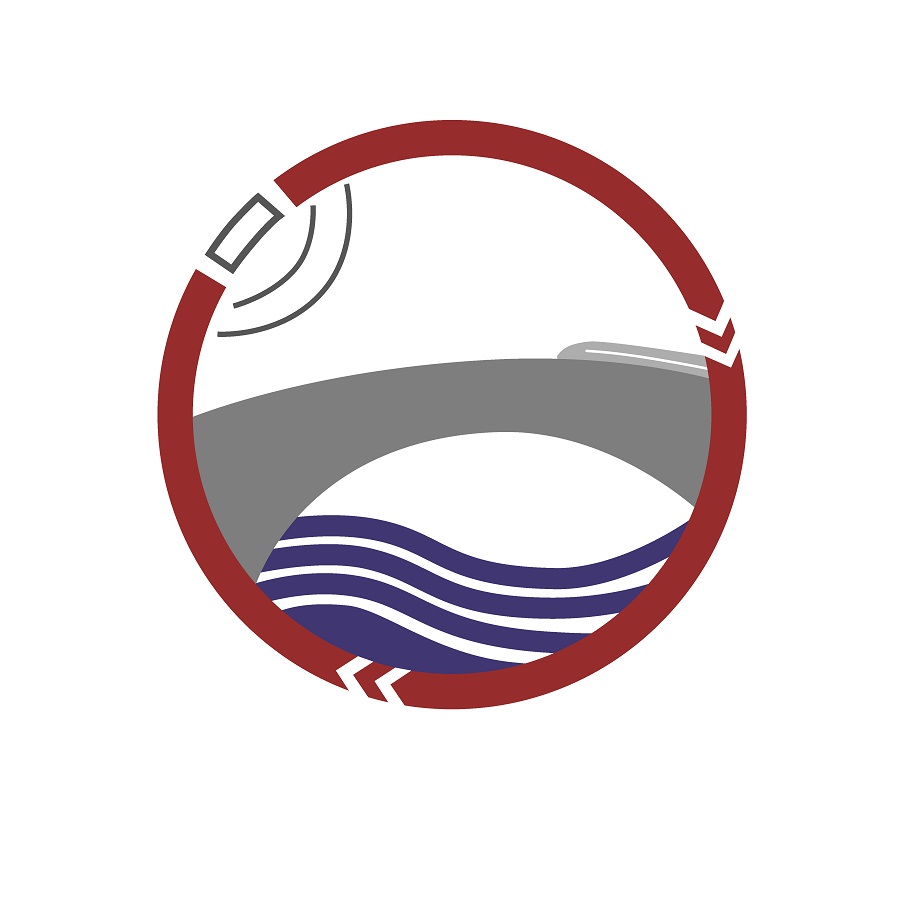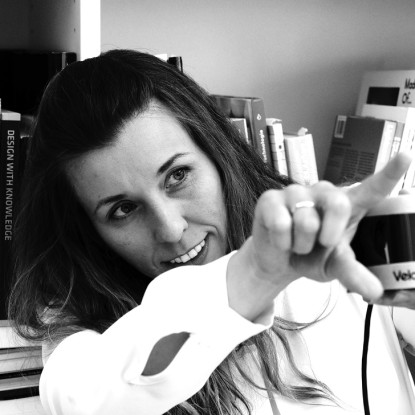| Project name | Partizipation Energietransformation: Innovative digitale Tools für die gesellschaftliche Dimension der Energiewende |
| Acronym | PaEGIE |
| Project partner |
|
| Duration | 01.11.2020 – 30.04.2023 |
| Grantor | Bundesministerium für Wirtschaft und Energie (BMWi) |
| Project content |
The joint project “Participative Energy Transformation: Innovative Digital Tools for the Social Dimension of the Energy Transition” (PAEGIE) started in November 2020. Scientists from various disciplines are working together on the question of how an increase of acceptance and a fundamental change in behavior among citizens can be achieved through new forms of participation within the energy transformation process. The project is supported by the Federal Ministry for Economic Affairs and Energy (BMWi). PAEGIE is an inter- and transdisciplinary joint project. The consortium’s aim is to develop a joint interactive planning process in order to increase the acceptance of energy policy solutions in the transport sector. This is not just a technical but also a social challenge. In addition to infrastructural innovations, the need to change behavior and formulating requirements for the future mobility of citizens are central. For PAEGIE, the focus lies on designing and implementing bottom-up participation processes with innovative instruments to simulate traffic planning in a visual way. According to this and as a crucial part of the project, a 3D application is being developed for the participatory planning of future mobility concepts and the analysis of individual mobility behavior. Furthermore, for the application a multi-touch table will be available, which is going to be used in citizen workshops and within the framework of a concluding “Citizen Decision Theater”. This pursues the idea of a deliberative dialogue. Thus, the discussion of stakeholders, the citizens of Darmstadt, is supported by problem-related scenarios, computer-aided visualization and expert knowledge, so that citizens can make informed and good decisions about the future mobility of their own city. |
| Homepage | PaEGIE Homepage |
PaEGIE
Research project PaEGIE



